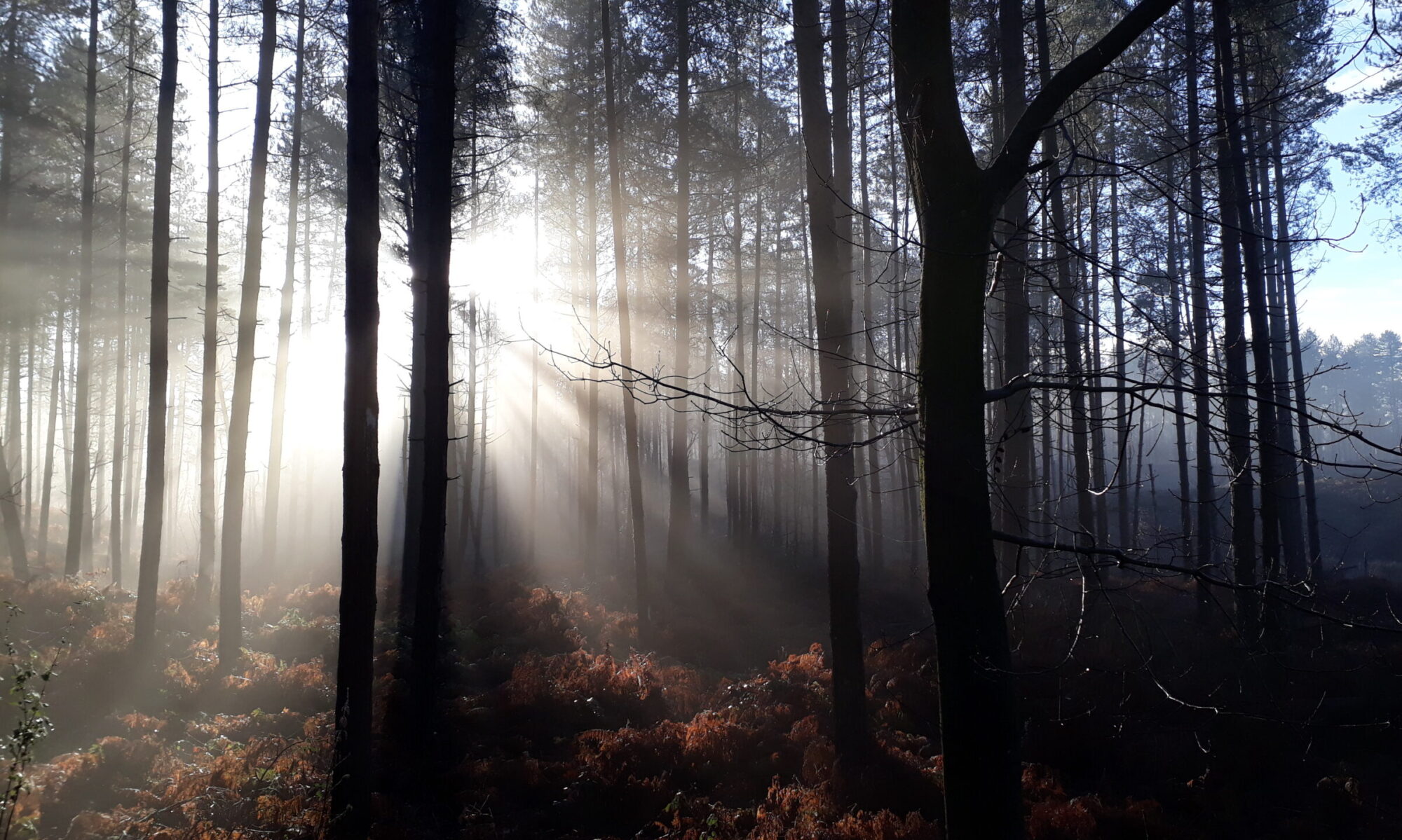The idea of taking therapy out of the counselling room and into nature has really taken off in recent years. Covid pandemic lockdowns have been one driving force, as it was sometimes the only way for counsellors to keep seeing their clients in person. On the other hand, it could be seen as a practice with ancient roots in shamanistic healing work that sees humans as part of our natural environment. More than 2,000 therapists on one major counsellor directory now offer outdoor sessions as an option as well as or instead of counselling rooms or by internet or phone. So what might be the benefits?

Nature’s effect on mental health and wellbeing
While research about the effects of being outdoors on the nitty gritty of counselling is still catching up, there’s a large – and growing – body of research about the benefits of time in nature on humans’ mental health and wellbeing.
They include calming of the nervous system, boosting thinking power and mood, raising self-esteem and fostering a nurturing sense of connection.
Quite how this is achieved is less certain but we do know that our evolution may play a part – affecting the kinds of places we feel safe and nourished in. Edward O Wilson put forward the biophilia hypothesis, which suggests humans have an innate tendency to seek connection with other forms of life and nature as a whole. Ecopsychology, which has been developing for several decades now, claims to ‘revision’ traditional psychology in a way that puts the human psyche back into intimate relationship with the wider world.
Further research shows how the combination of movement in the form of walking with being outdoors can also support therapeutic goals.
A wider picture
Much of the above information comes from my research towards my Masters degree (and I have references available for anyone who would like them!). But what really struck me as I was reading all the research papers and books were some of the terms that kept recurring:
Connectedness, interconnectedness, inter-relation, a sense of a natural bond, holistic, interdependence, belonging.
This is the stuff that leads me to want to practise my therapeutic work outdoors. I believe that modern life in my culture has artificially separated us from the rest of nature. That healing requires connection, that wholeness comes from being part of our wider worlds.
It’s hard to explain. It’s easier to experience. And having experienced it for myself at some tough times of life, I want to share it with others.
You can find out more on my counselling practice here.
Or at my Counselling Directory entry, where you can also book a free discovery call.


